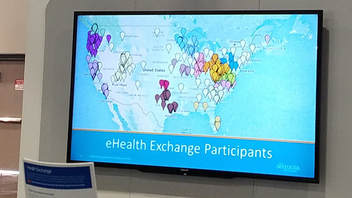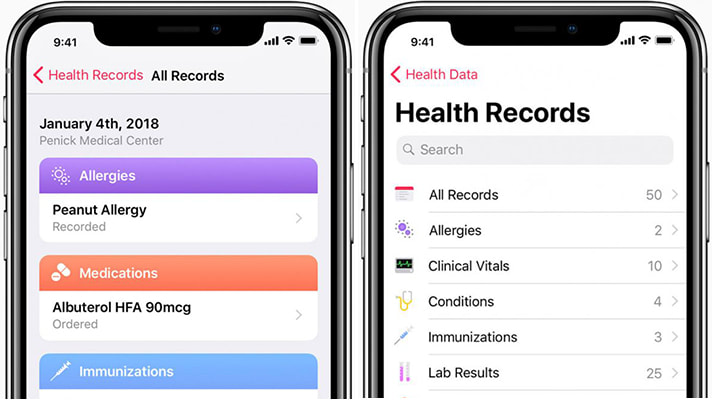 I have been tracking the Provider footprints of Care Equality and CommonWell alliances and it is great to see continued progress on EHR interoperability beyond the technical standards innovation with HL7 FHIR APIs. Zoom into the NYC / Boston area on the CommonWell area coverage map that gives you a good sense of this progress. The profiled activities in Healthcare IT News last week just scratches the surface of the potential impact. Standard agreements among Providers and streamlined patient access are the only missing components in my mind that will extend complete ubiquity in the US. New digital health innovation layered on top of this new era of interoperable EHRs will be demanded by Providers that will further ink this progression. It will be interesting to see if this momentum spreads internationally where there has been lacking government EHR subsidies to kick start some level of greater adoption and more disparate market/regional structures and government control health systems that create barriers and insulate old, more dated clinical information systems. Apple's recent Health Records announcement is based upon the same underlying FHIR APIs and there is a suite of other SMART application / integration innovation in the works, and a rejuvenation of the notion of Personal Health Record (PHR) that had failed in the past due to this interoperability issues. I suspect this very well could be the start of an accelerated shift towards the EHR being pushed into the role as just a data repository in lieu of new web dashboards highly optimized for each clinician workflow (primary care, specialists, ER, surgical units, etc) and mobile apps centered around embracing untethered mobility. Yes, this means fewer Providers should have to initiate $25M EHR vendor customization efforts and lucrative support contracts. Think how much easier it will be to layer value on top of EHRs and differentiation based upon a suite of clinician and patient engagement tools, data analytics, inferencing, clinical decision support and population health. Yes, the likes of Epic, Cerner, and Allscripts have plenty of integration and customization project work in their pipeline, but they could be commoditized as just infrastructure in the new digital health of the not too distant future. Finally, wouldn't it be a beautiful thing if we got an actual meaningful reduction in clinician clicks during their day and as patients got more eyeballs our way during doctor appointments.
0 Comments
Leave a Reply. |

 RSS Feed
RSS Feed
